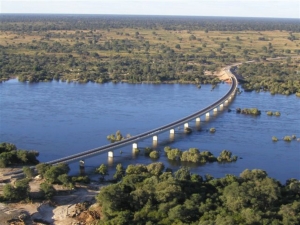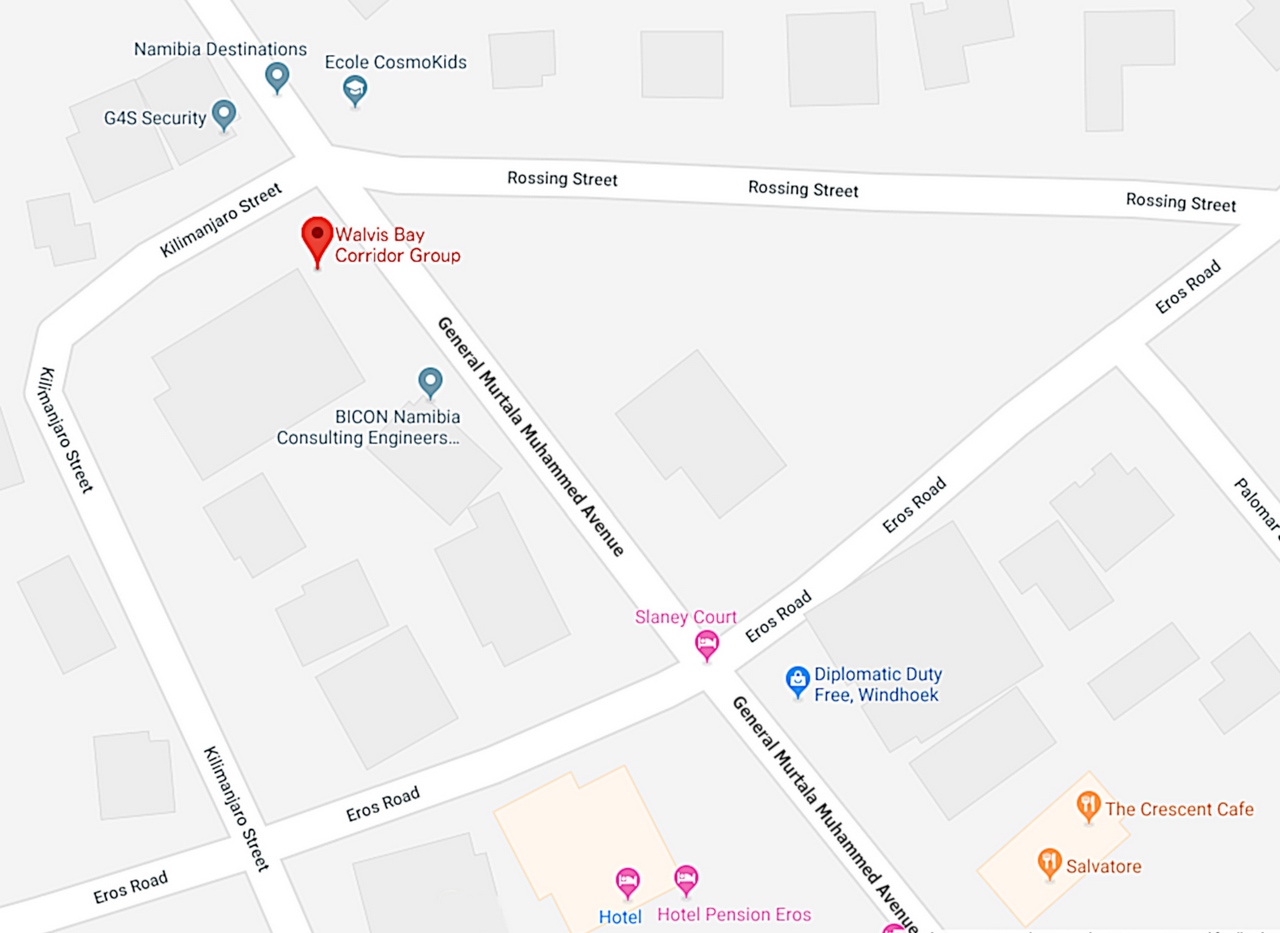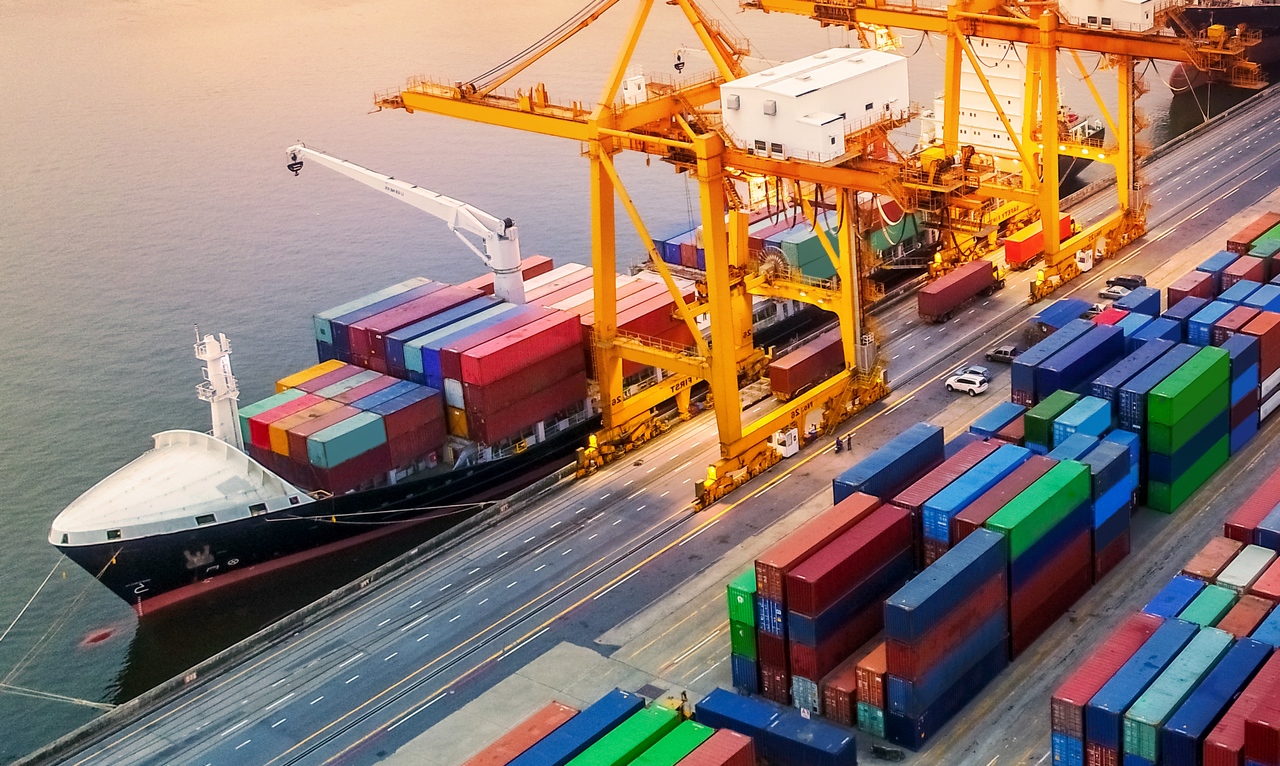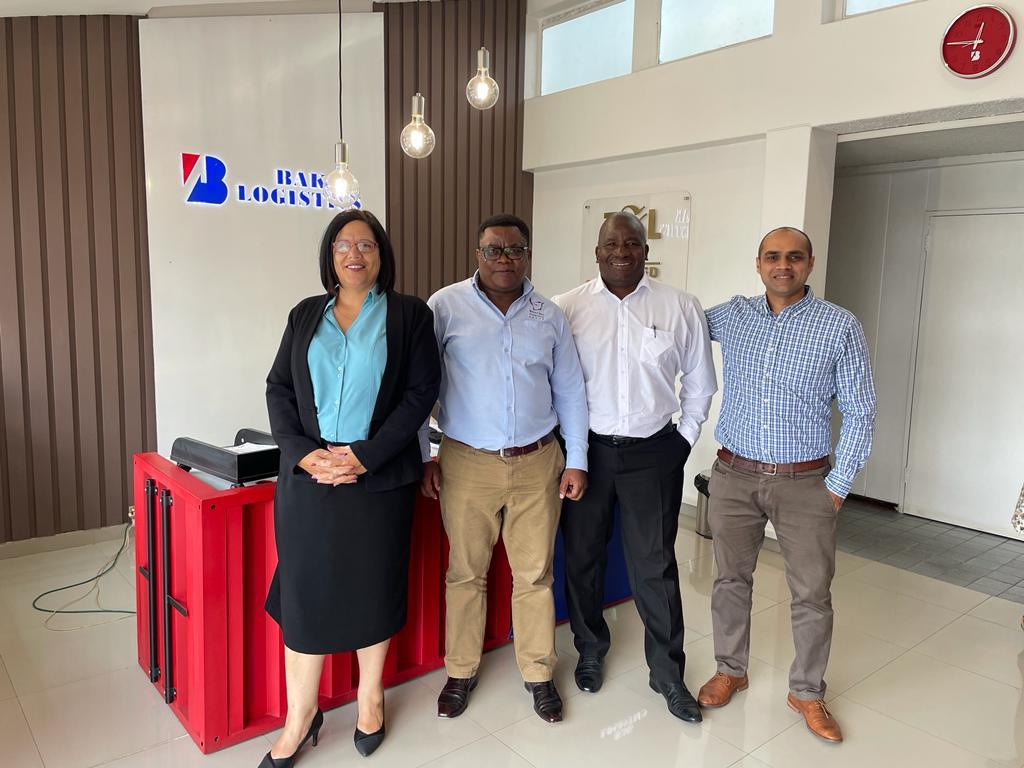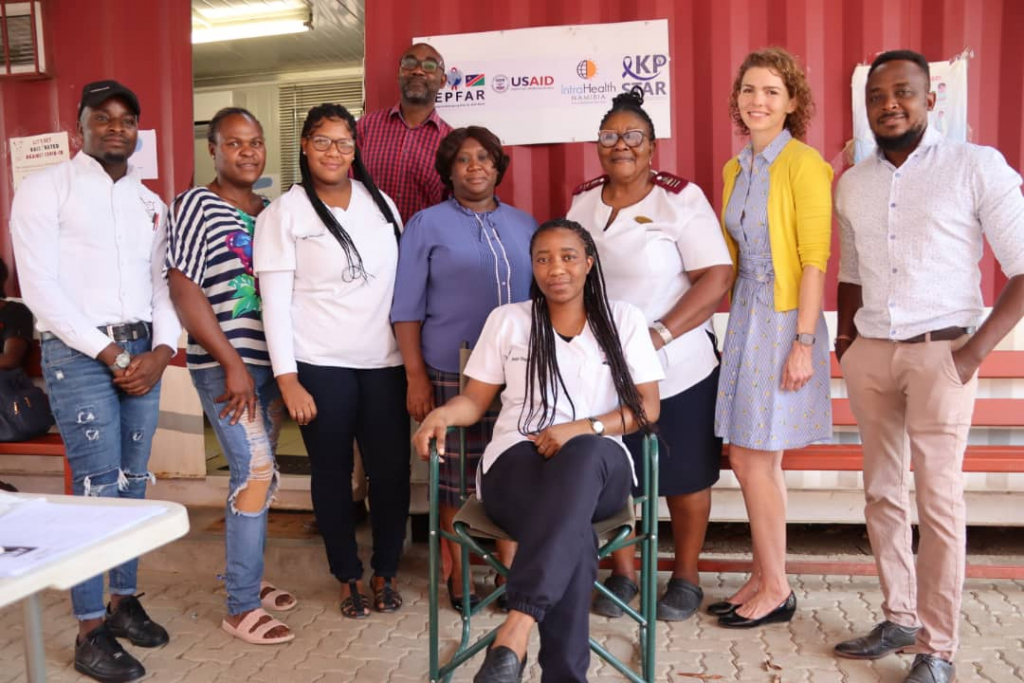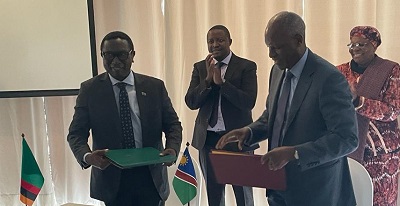WBNLDCMC enhances collaboration and trade facilitation
Posted: 30 Apr 2021
The outbreak of the coronavirus pandemic two years ago, negatively impacted the global economy, regional and international supply chains, as well as the cross border movement of goods and services. In response to trade – related encumbrances caused by various preventative measures and protocols to limit the spread of the pandemic in the region, the Walvis Bay Ndola Lubumbashi Development Corridor Management Committee (WBLDCMC) deployed further efforts to ensure that Covid-19 induced non – tariff barriers to trade along this corridor are resolved timeously.
Being cognisant of the critical role stakeholders play in ensuring the continuous and seamless movement of cargo along the corridors whilst navigating the new normal, the committee proactively engaged relevant stakeholders to find urgent solutions to these challenges and thus improve efficiencies along the corridor. Furthermore, the committee accelerated engagements on the need to address the infrastructure deficits, the elimination of the inland toll fees as well as advocacy for increased operating hours at the Katima Mulilo and Kasumbalesa border posts.
WBCG’s Consultant on the WBNLDCMC, Mr. Eric Shimumbwe, highlighted the need for harmonized and simplified cross border laws and procedures. The committee is continuously engaging relevant authorities in Zambia, Namibia and the Democratic Republic of Congo (DRC) in order for this proposal to gain traction and be systematically implemented to yield positive results. Corridor performance management systems, such as the yet to be rolled out Corridor Trip Monitoring System (CTMS) under the tripartite (SADC-EAC-COMESA), further augments corridor performance and monitoring, among other benefits, and the incremental progress towards the realization of smart borders, corridors, trade, logistics and transport solutions across several transport and economic corridors, and thus achieving economies of scale.
Mr. Shimumbwe also noted that the committee is engaging relevant ministerial agencies in Namibia to consider expanding the border infrastructure at Katima Mulilo to accommodate all government departments and other border agencies operating at the border. The need to increase staff compliments, parking space for trucks, migration to the Single Window projects as well as development of flagship One – Stop Border Posts are of pressing relevant significance for enhanced regional integration through trade.
The WBNLDCMC seeks to facilitate the removal of physical and non-physical barriers to the movement of goods and people transiting through Namibia, Zambia and the DRC. The committee’s activities are premised on the need to improve operational efficiencies and reduce costs of doing business along the corridor.
Through its trade facilitation activities, the WBNLDCMC has created a robust public and private stakeholder network in Namibia, Zambia and DRC. The network includes a cluster of captains of industry, cross border authorities, operators, regulators and policy makers. Many of these stakeholders are also present on its communication platform which promotes real-time information sharing, interaction and ensures that most trade facilitation challenges along this corridor are communicated and addressed in an efficient and effective manner. This network has been critical to our success, especially during the peak of Covid-19.
The WBCG thanks all its stakeholders, from both the public and private sectors, for their continued support and dedication, as we move towards becoming the region’s preferred Logistic Hub.
